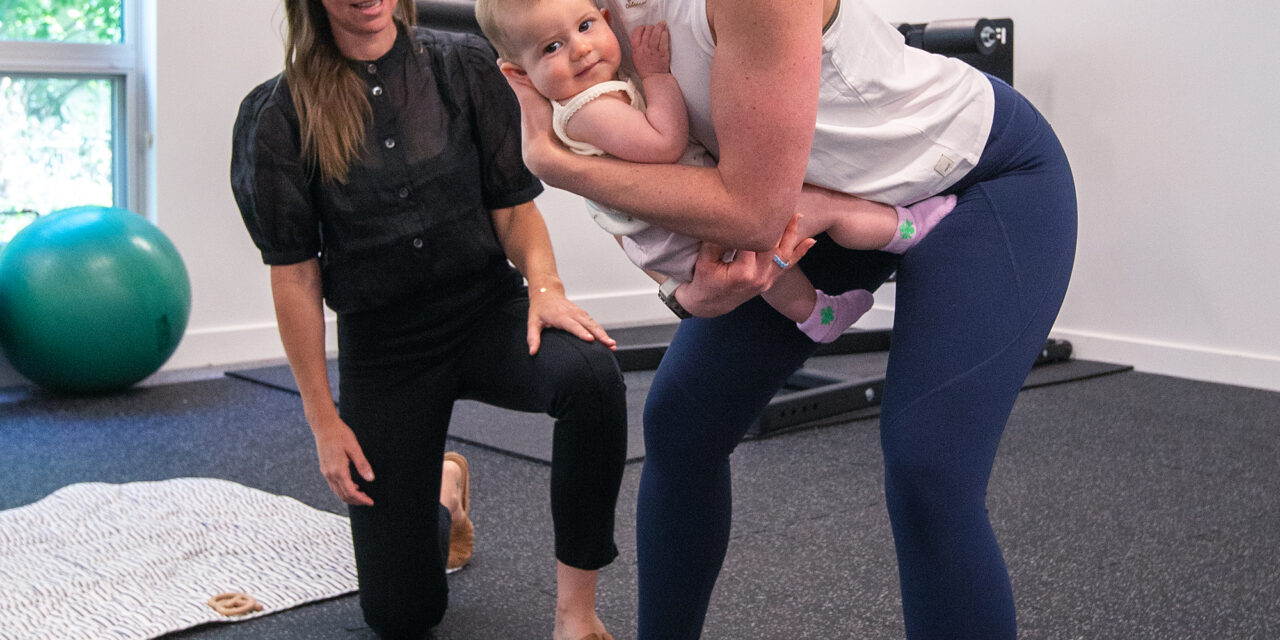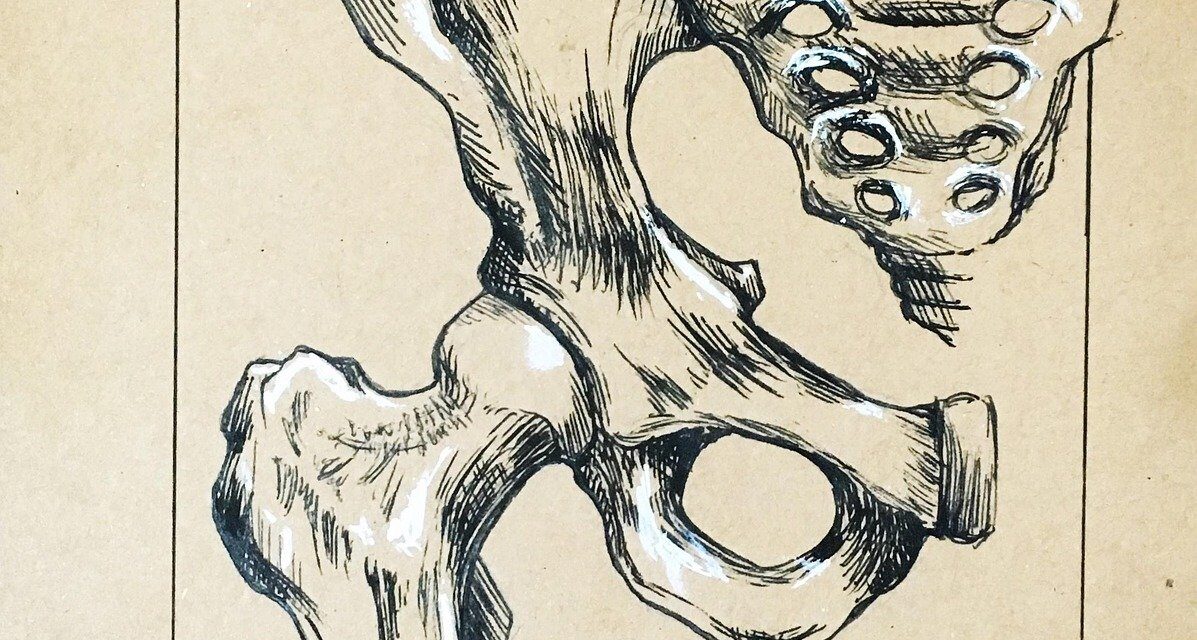A new study published in the Journal of Sexual Medicine in October 2023 shows aerobic activity can be just as effective as medication for erectile dysfunction. The systematic review evaluated the effects of aerobic activity on erectile function and found men who participated in aerobic activity, such as cycling, running or walking, had better erectile...
Is low back pain delaying your ability to get back to postpartum exercise? Your pelvic girdle and pelvic floor muscles may need some attention! One complaint we often hear as pelvic floor physical therapists working with our postpartum population is the inability to get back to mat exercise because of pain when lying flat on...
Do Men Need To Do Kegels?
August 22, 2023
Yes, men have a pelvic floor too! At Mend in Boulder and Lafayette, our pelvic health specialists treat all male pelvic health concerns. Some signs of a male pelvic health dysfunction could include: Frequent urination Strong urge to urinate Delayed start of stream or disrupted stream Erectile dysfunction Chronic constipation Pain in genitals or rectum...
While the evidence has been clear that moderate intensity exercise is safe and beneficial in pregnancy, little has been researched on the safety of high intensity (>90% heart rate max) exercise in pregnancy. A new study in May 2023 has shed some new light on the matter and found vigorous exercise to be safe for...
Vaginal dilators are tools that help stretch and expand the vaginal introitus (or opening) and surrounding tissues. Dilators come in many shapes, sizes, and material types but all utilize the underlying strategy of desensitizing and stretching the tissue gradually and progressively. Most often dilators are prescribed for conditions that cause pain with vaginal penetration. Common...
The effects of pregnancy on bone health in premenopausal women can lead to changes in bone mineral density (BMD). During early pregnancy, there is an increase in bone remodeling, which can result in a decline in BMD. The magnitude of BMD loss during pregnancy varies among studies and skeletal locations, ranging from less than 1%...
Weighted Strength+Pelvic Floor Muscle Training Superior than Pelvic Floor Muscle Training Alone
May 4, 2023
Urinary incontinence is a common (but not normal!) problem among elderly women, and it can greatly affect their quality of life. Pelvic floor muscle training is often recommended as a first-line treatment, but recent research suggests that adding weight training to the regimen can be more beneficial. A recent study conducted involved 44 elderly women...
1. Testicular pain Yes, men can benefit from pelvic physical therapy. Testicular pain is often not an issue with the testicle itself, but rather a presentation of a pelvic floor dysfunction. This may be due to pelvic floor muscle overactivity. Referral patterns of pelvic floor or even abdominal muscles can be into the testicles and...
Regular laxative use tied to increased dementia risk – how PT can help reduce the need for laxatives
March 27, 2023
Findings in a new study are now more than ever clearly defining the link between the brain and the gut microbiome. The study showed regular laxative use tied to increased risk of dementia. Researchers followed over 500,000 UK residents over 10 years and those that regularly used osmotic laxatives (stool softeners) or a combination of...
As many as 50% of people with chronic constipation have pelvic floor dysfunction. This dysfunction is commonly diagnosed as “pelvic floor dyssynergia,” which is a fancy way of saying the pelvic floor muscles are not coordinating correctly to have a bowel movement. When the muscles aren’t coordinated correctly, there is disruption in the signals our...









